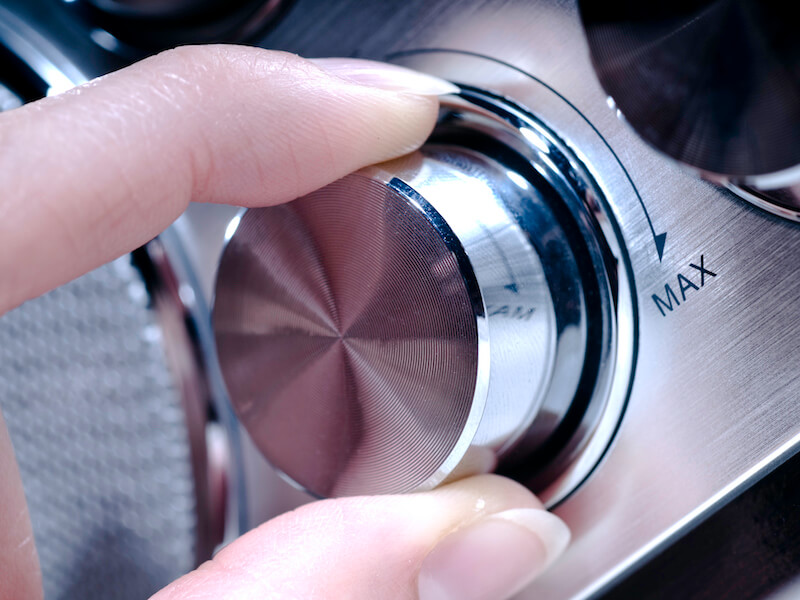
Knowing when you require some medical advice is typically pretty easy. When you break your leg, for example, you know you should go to the doctor (or the emergency room, depending on the situation). With situations like this, simply “toughing it out” isn’t an option. At least, not for that long (especially if you want your bones to mend themselves correctly).
It’s not always that clear cut with regard to hearing aids, however. Hearing loss is usually a developing condition. This means recognizing when to get treatment for hearing loss can be tricky.
So watching out for signs that your hearing is going is a good idea. It’s probably time to call us for a consultation if you do detect any.
Hearing aids and hearing loss
Hearing loss is mainly managed with hearing aids. But everyone who has some level of hearing loss won’t automatically need hearing aids. Hearing aids won’t always be helpful in cases of minor hearing loss. As a result, we might want you to wait before beginning to use them. It’s also possible that we could advise you to only use your hearing aids when you’re in specific situations.
Essentially, the threshold for needing hearing aids isn’t always a hearing loss diagnosis.
But in many cases hearing aids will be the best option. Many individuals won’t get their hearing loss diagnosed until it becomes more severe because hearing loss develops slowly and often goes unnoticed for a while. Getting your hearing tested regularly is the key to catching hearing loss early and possibly mitigating the need for hearing aids.
So how will you know if you have hearing loss?
Signs you need a hearing aid
Hearing loss is one of those conditions that can create instant communication challenges. The interesting thing, though, is that you don’t always realize that those communication obstacles are caused by hearing loss. So, at what stage will a hearing aid help you?
Watch out for these indicators:
- When you’re in very loud settings, you have a difficult time following conversations: This is probably one of the most common symptoms of hearing loss. One of the surest indications of hearing loss is that you have trouble following conversations in loud locations, like bars or restaurants. That’s because your brain has difficulty filling in the missing information that you lose when you have hearing impairment. Lots of conversations get muddled because of this.
- Phone conversations sound muddled: Even the best phone speakers tend to flatten a voice. If you have hearing loss, this can make it even harder to understand conversations. It can be really challenging to hear voices as an outcome of the loss of these frequencies.
- When people talk, you can’t always understand what they said: Many people don’t think they have hearing loss or need hearing aids because the total volume they perceive seems fine. But the thing about hearing loss is that particular frequencies of sound usually go before others. Which means that the great majority of sounds may seem normal but things in the high frequencies (such as particular vowels) will be distorted. This could cause you to have a tough time making out what people are saying.
- The volume on your devices is becoming very loud: Hearing loss could be the cause if you continually need to turn the volume of your devices up. If you find people around you complaining about the loud volume of your devices, this is especially true.
So what can you do?
When you break a bone, it’s clear cut what to do: you go see the doctor! But what do you do when you start to notice the symptoms of hearing loss? What level of hearing loss requires hearing aids? Well, that’s difficult to answer, but when you begin noticing these symptoms, it’s a good idea to schedule an appointment with us. We will be able to let you know how serious your hearing loss is.
And if you do wind up needing hearing aids, a hearing assessment will help determine the best device for your hearing needs. This means you’ll be able to get back to communicating with your friends and family, you’ll understand your grandkids when they give you a call, your co-workers at your morning meeting, and your friends at happy hour.
Call us for a hearing exam so we can help you improve your quality of life.